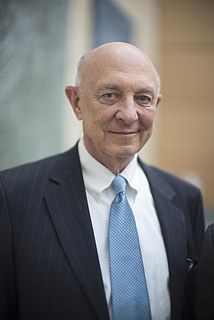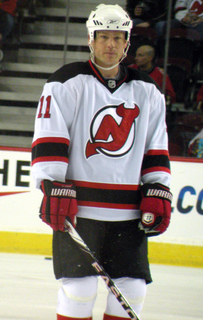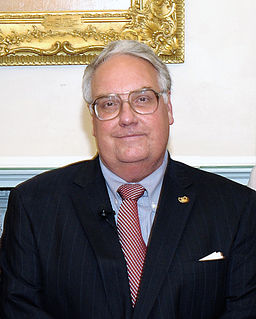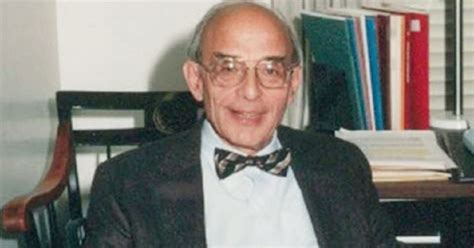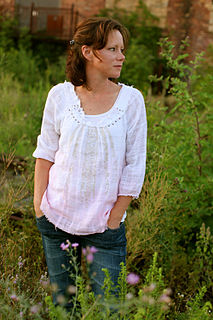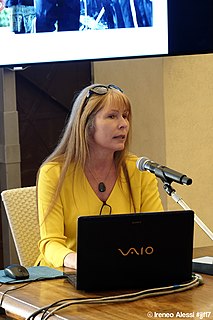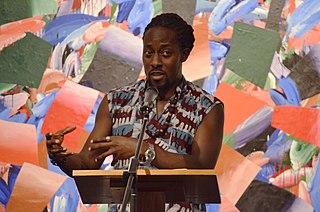A Quote by Tony Blair
You've got problems in Central Asia. And you've got problems within our own communities back home. So if we end up saying, look, this has nothing to do with Islam or it's got no connection with that broader question, then we look, frankly, as if we're in denial about the problem. And the interesting thing in the Middle East is that they have absolutely no problem there in identifying that as Islamist extremism and calling it that.
Quote Topics
About
Absolutely
Asia
Back
Back Home
Broader
Calling
Central
Central Asia
Communities
Connection
Denial
East
End
Extremism
Frankly
Got
Home
Identifying
Interesting
Interesting Thing
Islam
Islamist
Look
Middle
Middle East
No Connection
No Problem
Nothing
Our
Own
Problem
Problems
Question
Saying
Then
Thing
Up
Within
Related Quotes
We've got jihadists. That doesn't mean that all Muslims are problems with respect to terrorism, but there is something going on here. We've got a problem dealing with one aspect of one portion of modern Islam - just as hundreds of years ago the world had a problem with Torquemada and the Spanish Inquisition.
We are more than our problems. Even if our problem is our own behavior, the problem is not who we are-it's what we did. It's okay to have problems. It's okay to talk about problems-at appropriate times, and with safe people. It's okay to solve problems. And we're okay, even when we have, or someone we love has a problem. We don't have to forfeit our personal power or our self-esteem. We have solved exactly the problems we've needed to solve to become who we are.
Most people define learning too narrowly as mere 'problem-solving', so they focus on identifying and correcting errors in the external environment. Solving problems is important. But if learning is to persist, managers and employees must also look inward. The need to reflect critically on their own behaviour, identify the ways they often inadvertently contribute to the organisation’s problems, and then change how they act.
I look at technology a lot because I feel like it's something we've got to stop and question, ya know? Right now it's sort of running ahead unabated and I feel like we've got to look at it and say 'Ok, I've gained all of these conveniences, but what did I lose?' And that to me is all part of the same idea of man-made work. We literally worship the things that we've made with our own hands. That's as old as mankind, that problem.
If you have a problem at that level where there is hatred, prejudice, and anger, that has nothing to do with the other person. What is wrong with you that you are feeling that way? Look at yourself. Quite often it is their upbringing or their parent's problems. You got to get free. At some point you have to take responsibility for your actions.
If this thing's hushed up it'll be a simple denial to Jem of the way I've tried to raise him. Sometimes I think I'm a total failure as a parent, but I'm all they've got. Before Jem looks at anyone else he looks at me, and I've tried to live so I can look squarely back at him.. if I connived at something like this, frankly I couldn't meet his eye, and the day I can't do that I'll know I've lost him. I don't want to lose him and Scout, because they're all I've got.
An up-close portrait of middle-class Nigeria exploring the boundaries of morals and public decorum. Pitched between humor and despair, with stripped-down, evocative prose, A Bit of Difference bristles with penknife-sharp dialogue, but its truths are more subtle, hiding in the unspoken. Ultimately, A Bit of Difference explores – with a hint of mischief–the problem of how to look like you have no problems when you have abundant problems–the universal problem of the socially-motivated classes.

